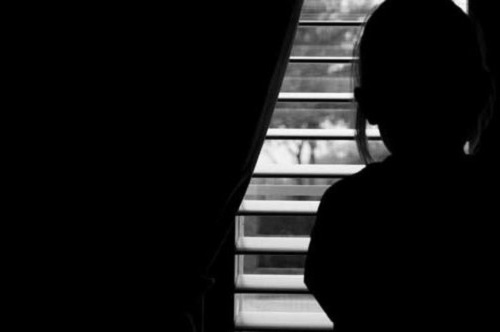By
OHCHR
Legal advancements in Ireland that aim to put children first should be accompanied by a national strategy to prevent and respond to sexual violence against minors, says the UN Special Rapporteur on the sale and sexual exploitation of children, Maud de Boer-Buquicchio.
She also called for justice and redress for those who suffered historic abuse, including in the Magdalene laundries during “dark periods” of Irish history.
“I recognise the considerable progress made by Ireland in passing laws which strengthen protection against child marriage, sexual exploitation and sexual abuse of children, including through the use of Information and Communications Technology. However, more remains to be done,” said the Special Rapporteur in a statement at the end of an eight-day visit to the country.
Ms de Boer-Buquiccio called on the Government to build up care services throughout the country, increase coordination between agencies engaged in child protection, and ensure child victims and those at risk receive specialised and continuous care.
“A national strategy on this issue would include training for all professionals who handle child abuse cases, data collection and redoubled efforts to ensure no child can fall through the cracks,” said the Special Rapporteur.
“As it stands, a lack of appropriate statistics on incidents of child sexual abuse and exploitation leaves policymakers with little guidance on where best to direct resources,” she stressed.
“A shortage of social workers, limited mental health services and the relatively low number of judges, given the demand for these resources, puts pressure on the child protection system, raising the possibility that child victims and others at risk of exploitation or needing care, face delays in receiving the intervention they require, or in their court cases,” the UN expert added.
The Special Rapporteur drew attention to the presence of only one sexual assault treatment centre for children nationwide, which means some child victims of abuse have to travel for hours to be examined forensically.
“I am equally concerned that there remains no public, national counselling service dedicated to the needs of child victims of sexual abuse, which means children are not guaranteed appropriate long-term counselling after such life-altering events,” the expert said.
The Special Rapporteur highlighted the particular vulnerabilities of young people with disabilities, those in care, others from Roma and Traveller communities, child migrants and those from particular ethnic groups.
Ms de Boer-Buquicchio commended the Government for its forward-looking approach in response to the threat of child exploitation facilitated by modern technology. She welcomed the strategy for its incorporation of research and public education initiatives, as well as collaboration between the Government and internet service providers.
The expert also hailed Government proposals to invest in early intervention and preventive child protection. At the same time, she urged the Irish authorities to shine a brighter light on abuses of the past.
“The so-called historic abuses against children that took place in Magdalene laundries, mother and baby homes and industrial schools, among other settings, have a direct bearing on the Ireland of today. More remains to be done to provide sufficient information, justice and redress to those who suffered child sexual abuse and forced labour, or who were victims of illegal adoptions during dark periods of Irish history,” said Ms de Boer-Buquicchio.
“Accounting for these past abuses is a crucial step towards the future.”
During her visit to Ireland, Ms de Boer-Buquicchio had discussions with Government officials, members of the Irish Parliament, independent national institutions, service providers, representatives of civil society, survivors of historic abuses and children in Dublin, Limerick and Galway.
The Special Rapporteur will present the findings and key recommendations from her visit in a report to the UN Human Rights Council in Geneva in March 2019.
OHCHR
The Office of the United Nations High Commissioner for Human Rights (OHCHR) represents the world’s commitment to universal ideals of human dignity. We have a unique mandate from the international community to promote and protect all human rights.



No Comments Yet!
You can be first to comment this post!